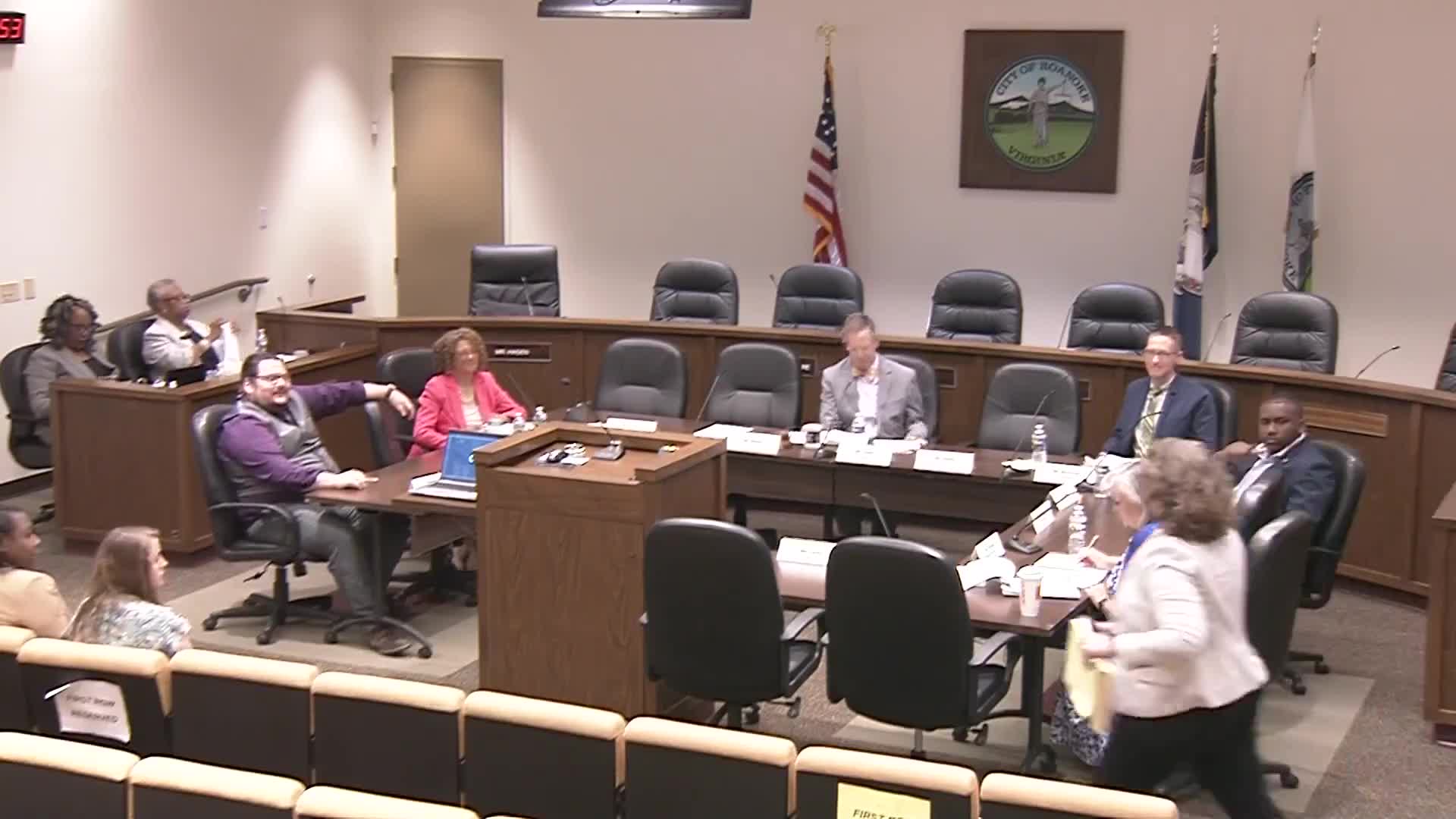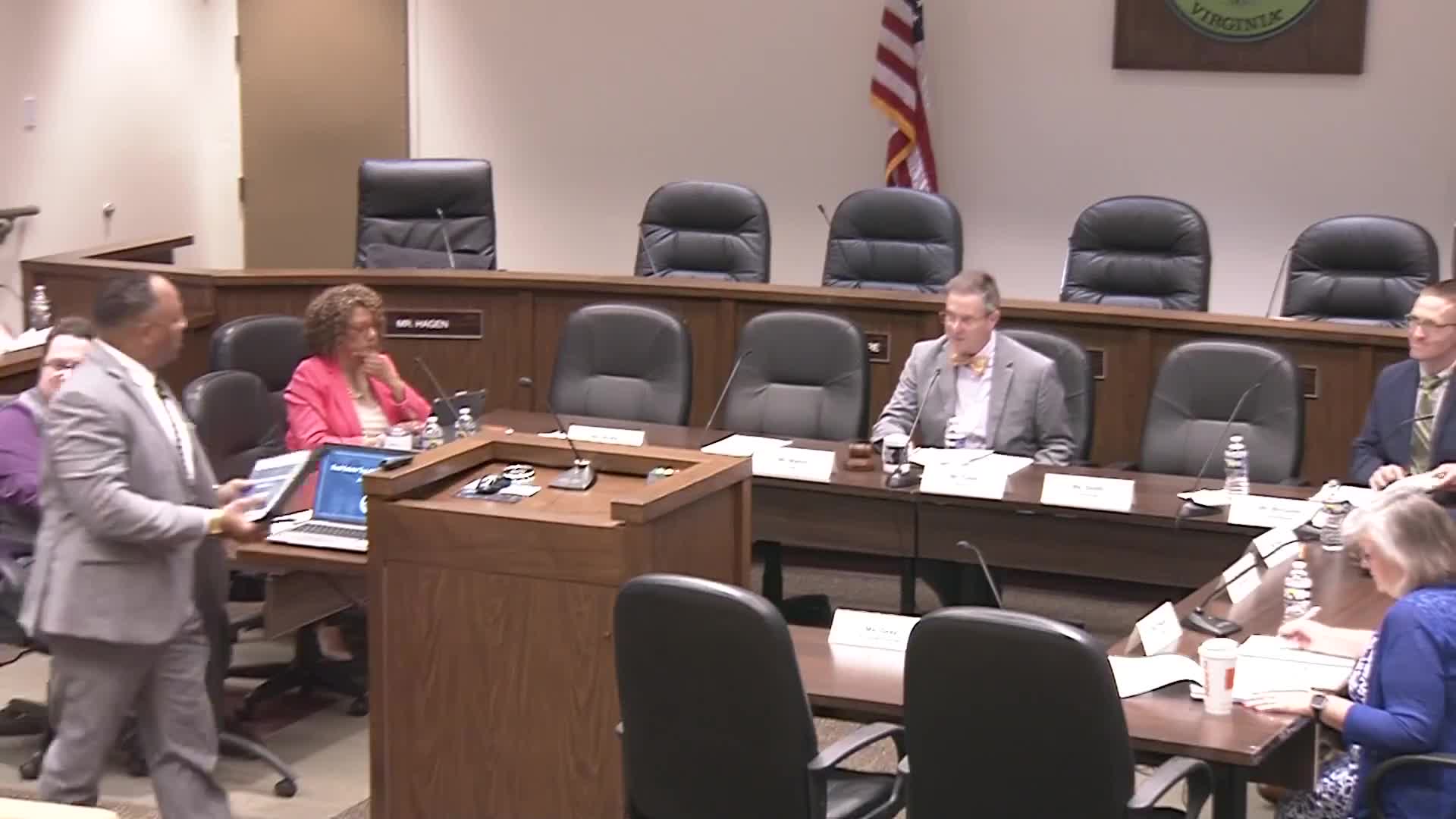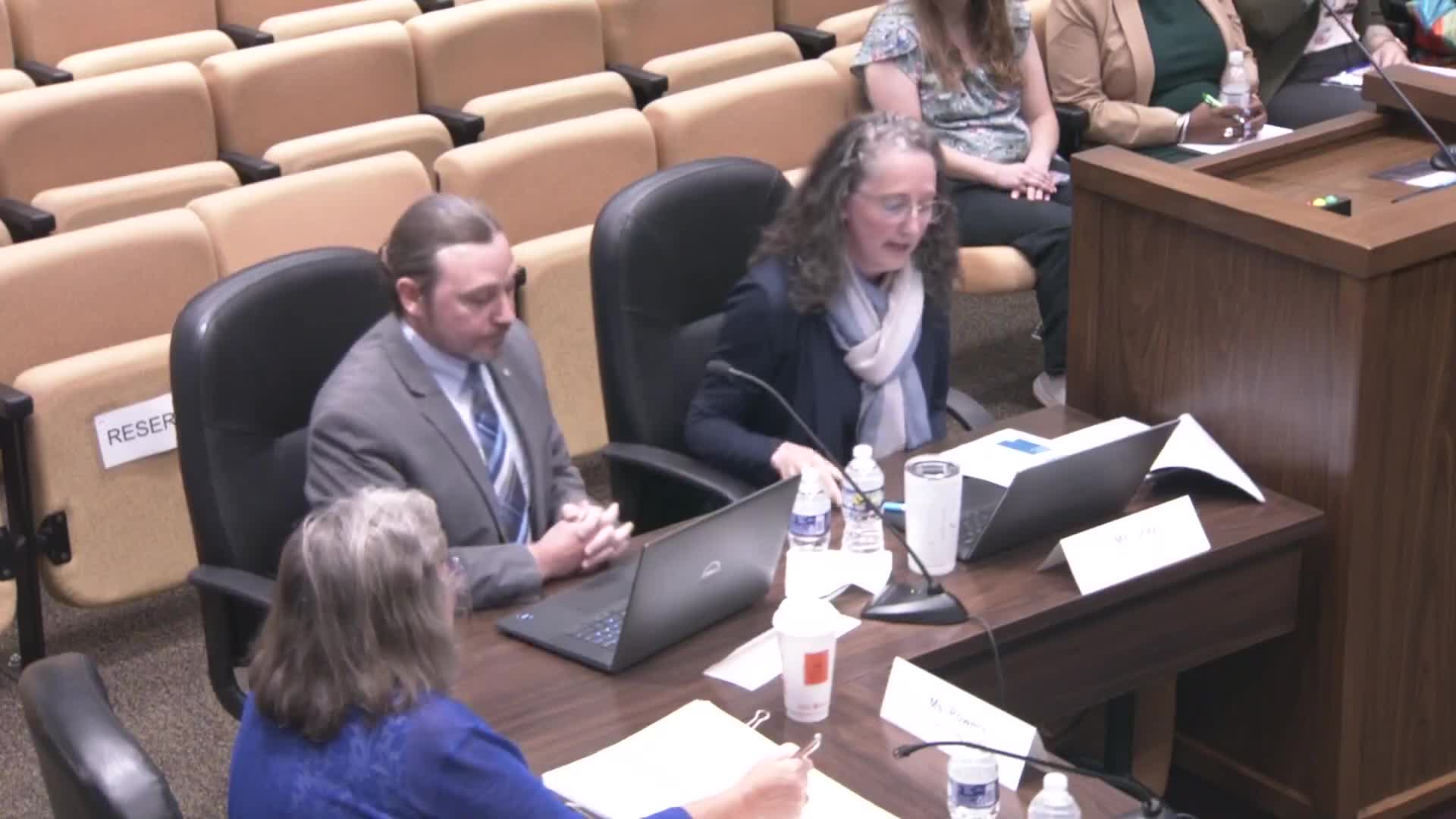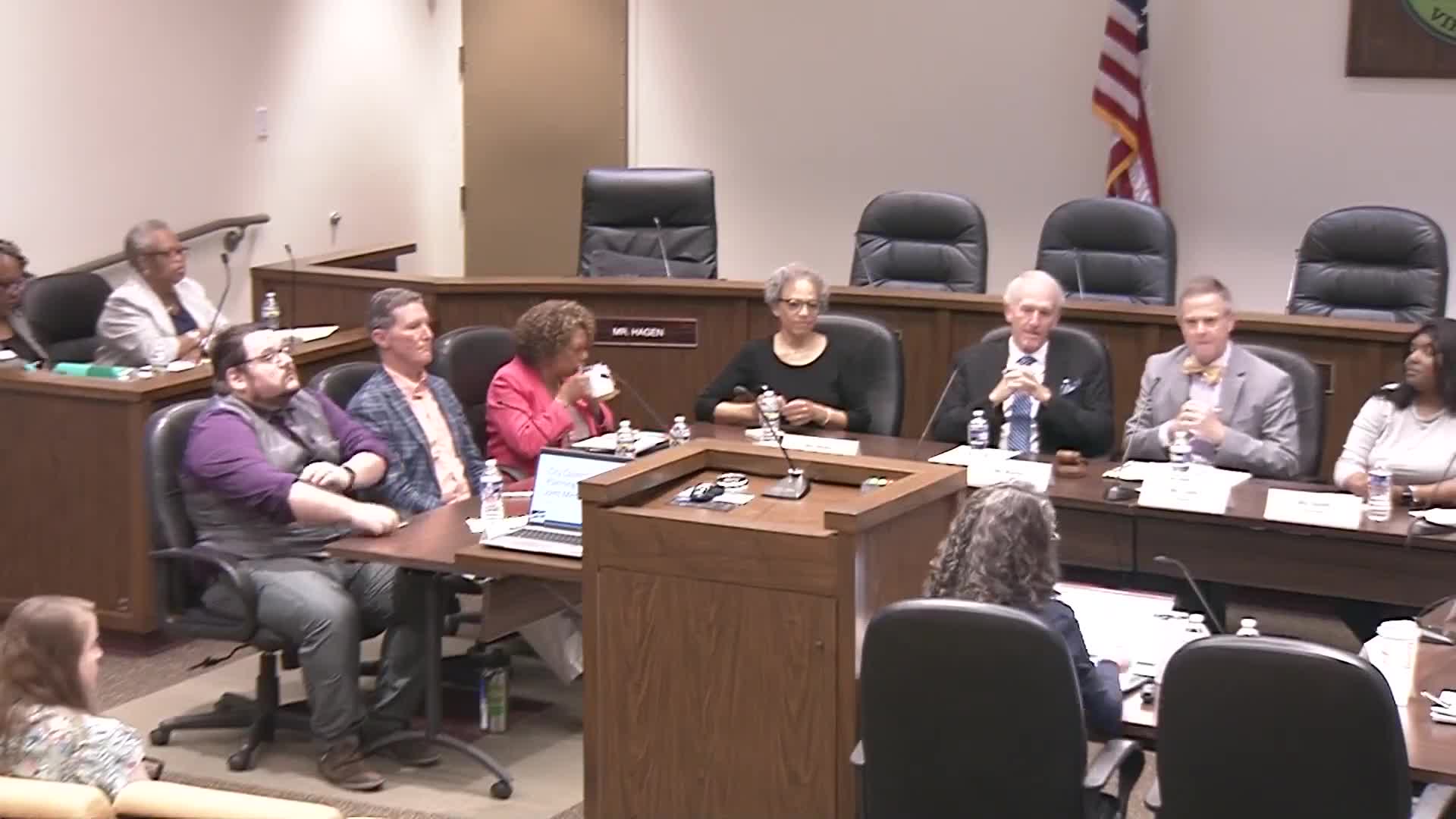Article not found
This article is no longer available. But don't worry—we've gathered other articles that discuss the same topic.

City attorney proposes code change to apply new state law to Roanoke IT contracts

Roanoke proposes renewal and update of real‑estate rehab tax abatement; new hotel abatement aimed at restoring rooms

Roanoke to begin neighborhood planning, pursue ‘hub‑and‑spoke’ Virginia Main Street program

